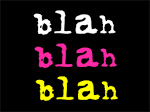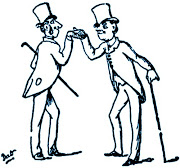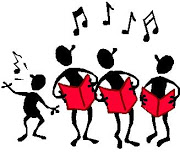Tracy Chapman: Fast Car
[purchase]
This is my third piece in a row focusing on a Black woman. I’m not sure why, but I realized the other day that my wife and I have, over the past few months, watched five movies/TV shows (it is hard to tell the difference these days) about legendary Black women singers—Ma Rainey’s Black Bottom, Aretha, The United States Against Billie Holliday, Tina, and Mahalia. (Plus One Night in Miami, in which one of the main characters is a Black male singer). How much of the fact that so many fine films featuring mostly Black casts is a result of the agitation about the whiteness of the Oscars? And how much did the fallout from the George Floyd killing, and the other killings of Black Americans over the past year, convince studios to release, and people like me to watch, films like this?
So, once again, I’ve forced potential readers to wade through a paragraph that is, basically, unrelated to the song I’ve chosen to discuss. Maybe that’s why I write these things for fun and not money (not that anyone’s offering), because it allows me to go off on tangents. Like I just did there, again.
But let’s get to the meat of the topic. Tracy Chapman’s 1988 song “Fast Car,” from her self-titled debut album is an amazing song on so many levels. It is so good, in fact, that one writer declared that it “essentially revived the singer-songwriter movement.” I’m not sure I’d go that far, but it didn’t hurt—and the fact that Chapman was Black, which was unusual in a genre that had become pretty white by that point, was another reason that the song was noticed.
The song also has a great “discovery” story. Shortly after her debut album was released, Chapman was part of a megastar-studded bill for the Nelson Mandela Birthday Concert in 1988 at Wembley Stadium. She had completed a three-song set and cleverly stuck around. When Stevie Wonder went to perform, he discovered that the hard disk for his Synclavier was missing, and he walked off the stage in tears (he did, eventually, return using borrowed equipment). Chapman was asked to go again, and she agreed, doing two songs, including “Fast Car.” It went over big.
But the real reason that the song became a hit (No. 6 on the Billboard Hot 100), and got a Grammy for Best Female Pop Vocal Performance (and another for Chapman as Best New Artist and the album for Best Contemporary Folk Album) and MTV Video Music Award nominations, is that it is an incredible piece of songwriting, delivered brilliantly by Chapman in her rich contralto voice.
“Fast Car” is, however, a pretty depressing song. The first stanza describes the singer’s desperation:
You got a fast car
I want a ticket to anywhere
Maybe we make a deal
Maybe together we can get somewhere
Any place is better
Starting from zero, got nothing to lose
Maybe we'll make something
Me, myself, I got nothing to prove
We learn why she wants out in the next few stanzas—she’s working at a convenience store, had to drop out of school to care for her alcoholic father after her mother left him. But it’s not only the car—it’s the owner, who when they drove, made her feel like she belonged and could be someone. It’s a dream that dies all too quickly—she works, he stays out late, drinks and ignores their kids—and she sees no future. And in the last stanza, she lays it out:
You got a fast car
Is it fast enough so you can fly away?
You gotta make a decision
Leave tonight or live and die this way
Anybody want to wager on whether or not they left?


















































































































































































































































































































































:format(jpeg):mode_rgb():quality(90)/discogs-images/R-5947127-1435056219-4942.jpeg.jpg)



